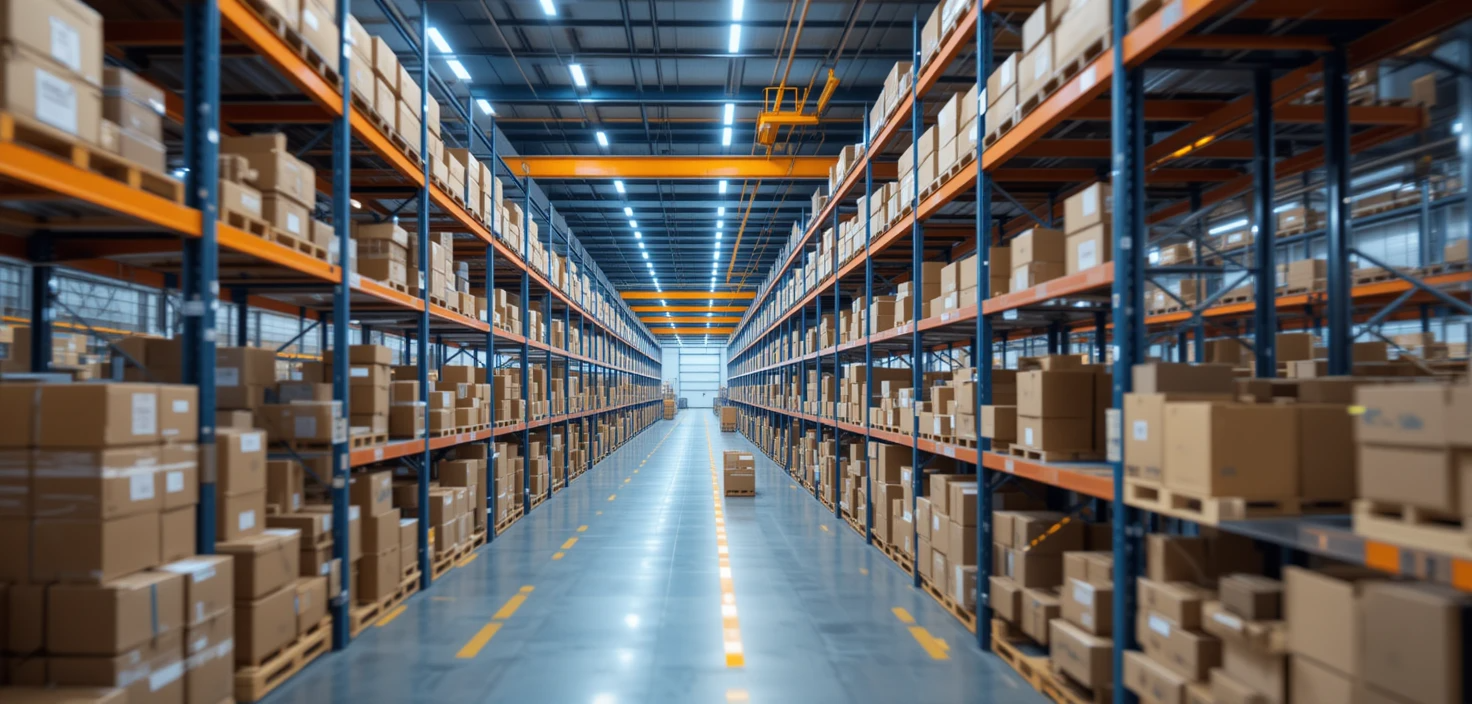India’s manufacturing sector is undergoing a massive transformation, fueled by advancements in technology and automation. With the rise of Industry 4.0, digitalization has become a necessity rather than an option. Supply Chain Management (SCM) plays a crucial role in ensuring efficiency, cost-effectiveness, and seamless operations in manufacturing. As businesses compete in global markets, they are increasingly relying on Asia Agents and digital tools to streamline their operations.
The Need for Digital Transformation in SCM
Traditional supply chains in India often face challenges such as poor infrastructure, lack of real-time tracking, inefficiencies in logistics, and high operational costs. The adoption of digital solutions can help manufacturers address these challenges by:- Enhancing visibility and tracking throughout the supply chain
- Reducing dependency on manual processes
- Improving coordination between suppliers, manufacturers, and distributors
- Enabling real-time decision-making with data-driven insights
Key Technologies Driving Digital Transformation
Internet of Things (IoT) and Smart Sensors
IoT devices and smart sensors help manufacturers track raw materials, monitor machine performance, and improve overall supply chain efficiency. Real-time data collection enhances predictive maintenance, reducing downtime and operational costs.Artificial Intelligence (AI) and Machine Learning (ML)
AI-driven analytics help manufacturers predict demand, optimize inventory, and automate warehouse management. Machine learning algorithms analyze historical data to improve production planning and supply chain efficiency.Blockchain for Transparency and Security
Blockchain technology ensures secure, transparent, and tamper-proof transactions across the supply chain. It enhances trust among stakeholders, reduces fraud, and improves traceability, which is especially important for export-driven businesses.Cloud Computing and ERP Systems
Cloud-based ERP (Enterprise Resource Planning) systems provide seamless data sharing across different departments and locations. These solutions help manufacturers integrate their operations with suppliers and distributors for better efficiency.Automation and Robotics
From automated warehouses to robotic assembly lines, automation is reshaping manufacturing supply chains. Robotics improve precision, speed, and cost-efficiency in production and packaging processes.Role of Asia Agents in Digital SCM
Asia Agents play a crucial role in bridging the gap between Indian manufacturers and global markets. They facilitate international trade, ensure compliance with foreign regulations, and help businesses source raw materials efficiently. With digital tools, Asia Agents can now offer:- Real-time tracking of shipments and logistics
- AI-driven market analysis for better sourcing strategies
- Seamless integration with global supply chain networks
Challenges in Implementing Digital SCM
While digital transformation offers numerous benefits, some challenges need to be addressed:- High Initial Investment: Small and medium enterprises (SMEs) may struggle to afford digital solutions.
- Data Security Concerns: Increased digitalization raises the risk of cyber threats and data breaches.
- Workforce Skill Gaps: Employees need to be trained in digital tools and technologies.
- Integration with Legacy Systems: Many traditional manufacturers still rely on outdated systems that are not easily compatible with digital solutions.
The Future of Digital Supply Chains in India
The future of India’s manufacturing supply chains is digital. With government initiatives like Make in India and the increasing adoption of Industry 4.0 technologies, businesses must embrace digital SCM to stay competitive. Emerging trends include:- 5G Connectivity for Faster Data Transfers
- Sustainable and Green Supply Chain Solutions
- Collaboration Between Startups and Established Manufacturers

